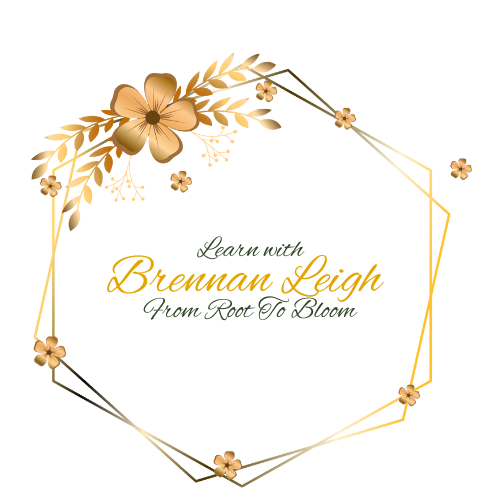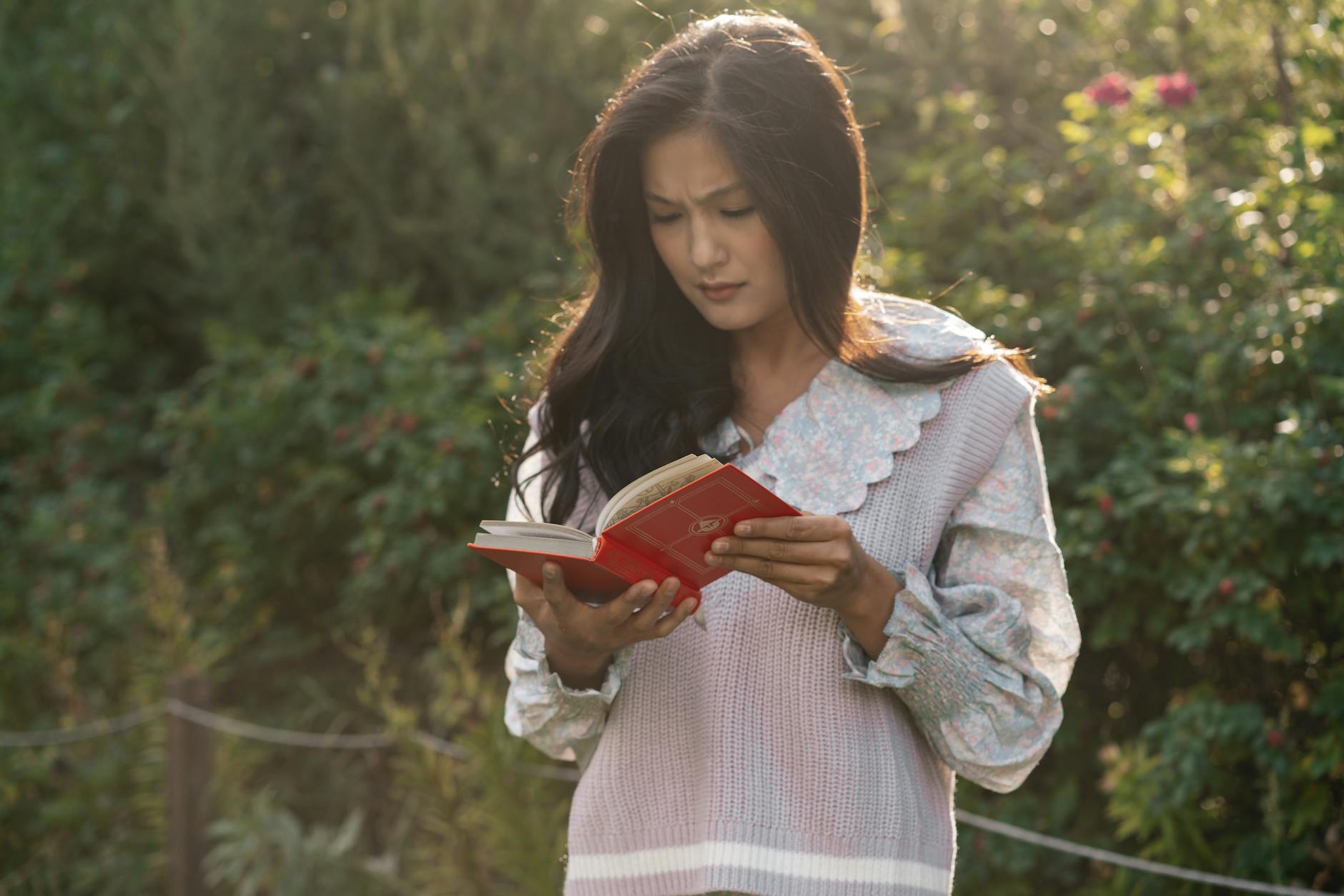Wondering ‘How do I start studying herbalism?’ You’re in the right place! Starting to study herbalism can be both a rewarding and liberating experience. Herbalism isn’t just about learning which plant goes in which potion; it’s a path to understanding nature’s way of healing and wellness. Here’s why embarking on this verdant journey could be one of the best decisions you ever make.

Discover the Power of Natural Healing
Have you ever wondered how to harness the natural powers of plants to improve your health and well-being? Herbalism teaches you exactly that. From the calming effects of chamomile to the energizing properties of ginseng, each herb carries its own set of benefits. Studying herbalism provides you with the knowledge to tap into these natural remedies, allowing you to enhance your health without always relying on conventional medicine. It’s empowering to know you can concoct a simple herbal tea to alleviate a headache or brew a mixture to soothe a sore throat.
Connect with Tradition and Nature
Herbalism is deeply rooted in tradition, with a rich history that spans across cultures and centuries. By studying herbalism, you’re not just learning about herbs; you’re connecting with ancient traditions of natural healing that have been passed down through generations. This connection deepens your appreciation for nature and its complexities. Imagine walking through a forest or even your backyard garden, feeling deeply connected to the environment, understanding the role each plant plays not only in your garden but also in your health.
Practical Skills for Everyday Life
One of the great things about studying herbalism is how practical it is. Learning about herbs means you can incorporate them into your daily life in many ways, from cooking to creating DIY skincare products. Whether you’re spicing up your meals with freshly grown herbs or making a lavender-infused oil for relaxation, the skills you gain from studying herbalism can turn into everyday practices that enhance your lifestyle. It’s about bringing a piece of the natural world into your daily routine, making life a little greener and a lot healthier.
Initiating herbalism education
Diving into the world of herbalism is exciting! But, just like any new endeavor, having the right tools can make all the difference. Whether you’re just starting out or looking to expand your herbal toolkit, here are the must-haves for any aspiring herbalist:
- Reference Books: A good herbal reference book is your best friend. It will help you identify plants, understand their uses, and learn how to apply them safely. Look for books with clear descriptions and helpful photographs.
- Mortar and Pestle: This ancient tool is perfect for grinding fresh or dried herbs. It’s essential for making your own powders, pastes, and even some ointments. Plus, there’s something wonderfully meditative about grinding herbs by hand.
- Digital Scale: Precision matters in herbalism, especially when you’re following recipes for tinctures, teas, or topical preparations. A digital scale ensures that you’re using the right amounts to maintain efficacy and safety.
Kicking off herbalism studies: Videos
Beginning your herbalism education: Blogs
Embarking on Your Herbalism Adventure: Final Thoughts
Starting your study of herbalism doesn’t have to be daunting. With the right approach and resources, you can begin learning about the power of plants and how to use them responsibly. Remember, every herbalist’s journey starts with a single step—or plant!

